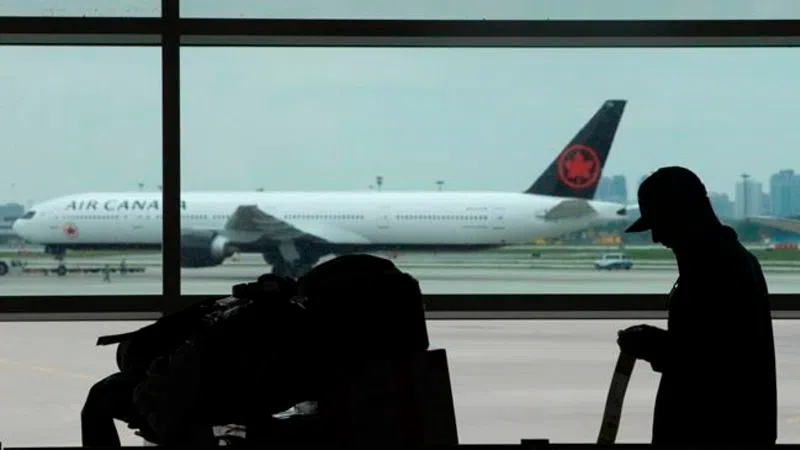
New air passenger rights: What they say and when they land
OTTAWA — The federal government unveiled new regulations for air travel Friday, requiring compensation for passengers suffering from flight delays, tarmac delays, trip cancellations and other headaches. The passenger-rights rules apply to all flights to, from and within Canada and come in two waves. Here’s what’s coming and when each measure arrives:
Starting July 15:
— Airlines will have to compensate anyone who is denied boarding for situations within an airline’s control, such as over-booking. Delays of up to six hours will cost $900, when the compensation doubles to $1,800; it’s $2,400 if the delay is longer than nine hours. Payment will have to happen at the time the passenger is notified of the denied boarding.


